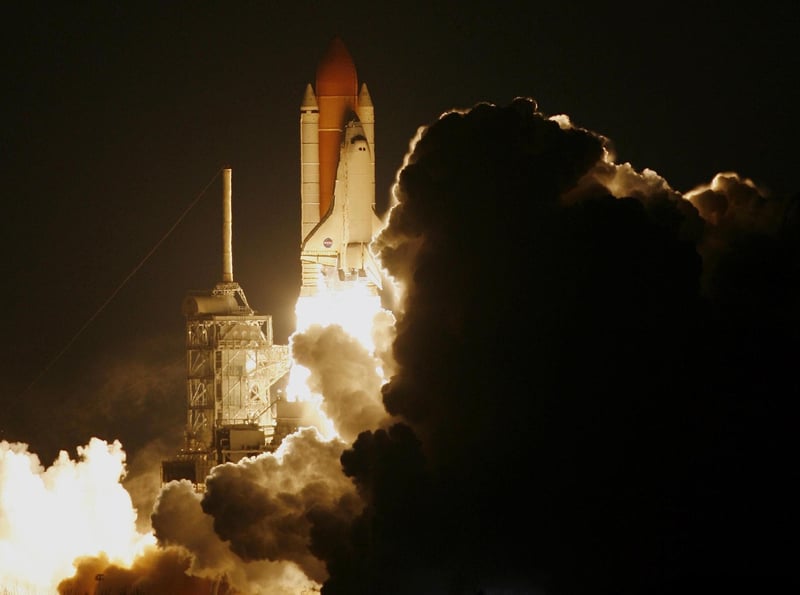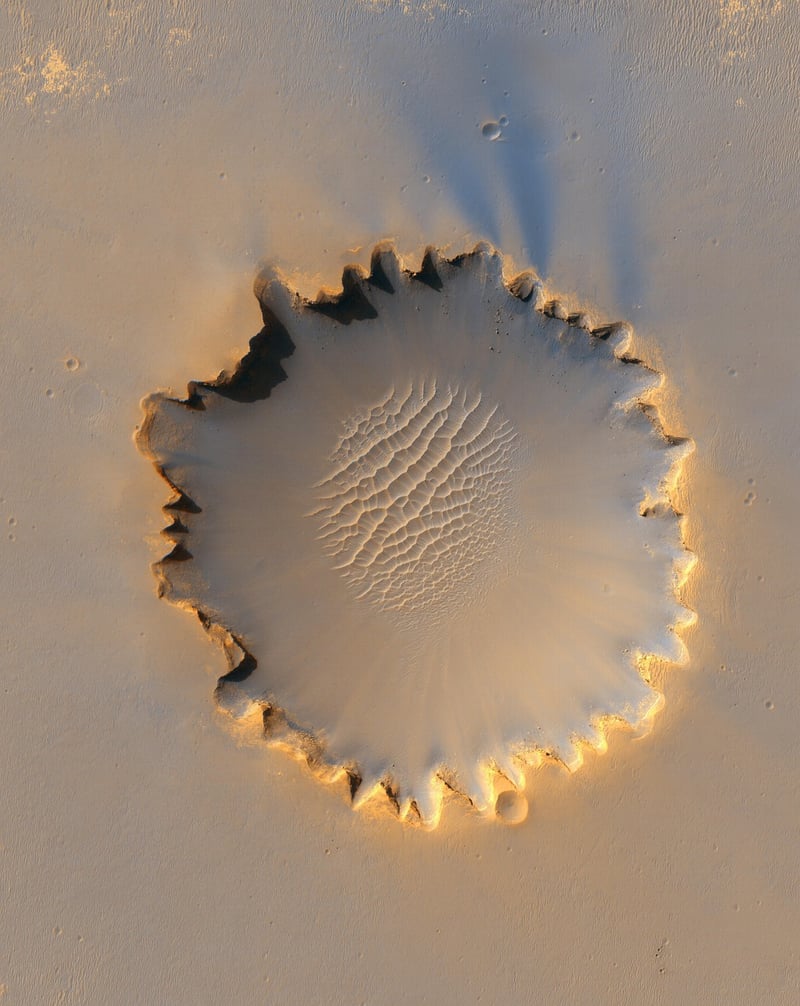Future Exploration
Exploring Different Eras and Future Exploration
Introduction
Exploring different eras and looking towards future exploration has always been a fascinating subject for humanity. From ancient civilizations to modern space missions, the quest for discovery and understanding has shaped our history and our future.
Ancient Era
In the ancient era, civilizations like the Egyptians, Greeks, and Romans set out on expeditions to discover new lands, trade routes, and knowledge. Their exploration laid the foundation for future generations to build upon.

Age of Discovery
The Age of Discovery saw explorers like Christopher Columbus, Vasco da Gama, and Magellan venture into the unknown, mapping new territories and connecting distant lands. This era opened up trade routes and spurred cultural exchanges.

Space Exploration
Modern space exploration has seen humanity reach for the stars. From the Moon landing to the Mars rover missions, we have pushed the boundaries of our understanding of the universe. The International Space Station (ISS) stands as a symbol of international cooperation in space.

Future Exploration
Looking towards the future, exploration continues to evolve. Projects like SpaceX's mission to Mars, NASA's Artemis program to return to the Moon, and private space tourism initiatives are paving the way for new horizons. Advancements in technology, robotics, and artificial intelligence are transforming how we explore space.

Conclusion
Exploring different eras and future exploration is a testament to human curiosity and ingenuity. As we reflect on the achievements of the past and look towards the possibilities of the future, one thing remains certain – the spirit of exploration will always drive us to reach for the unknown.
References: Space Exploration - Wikipedia, History of Exploration
